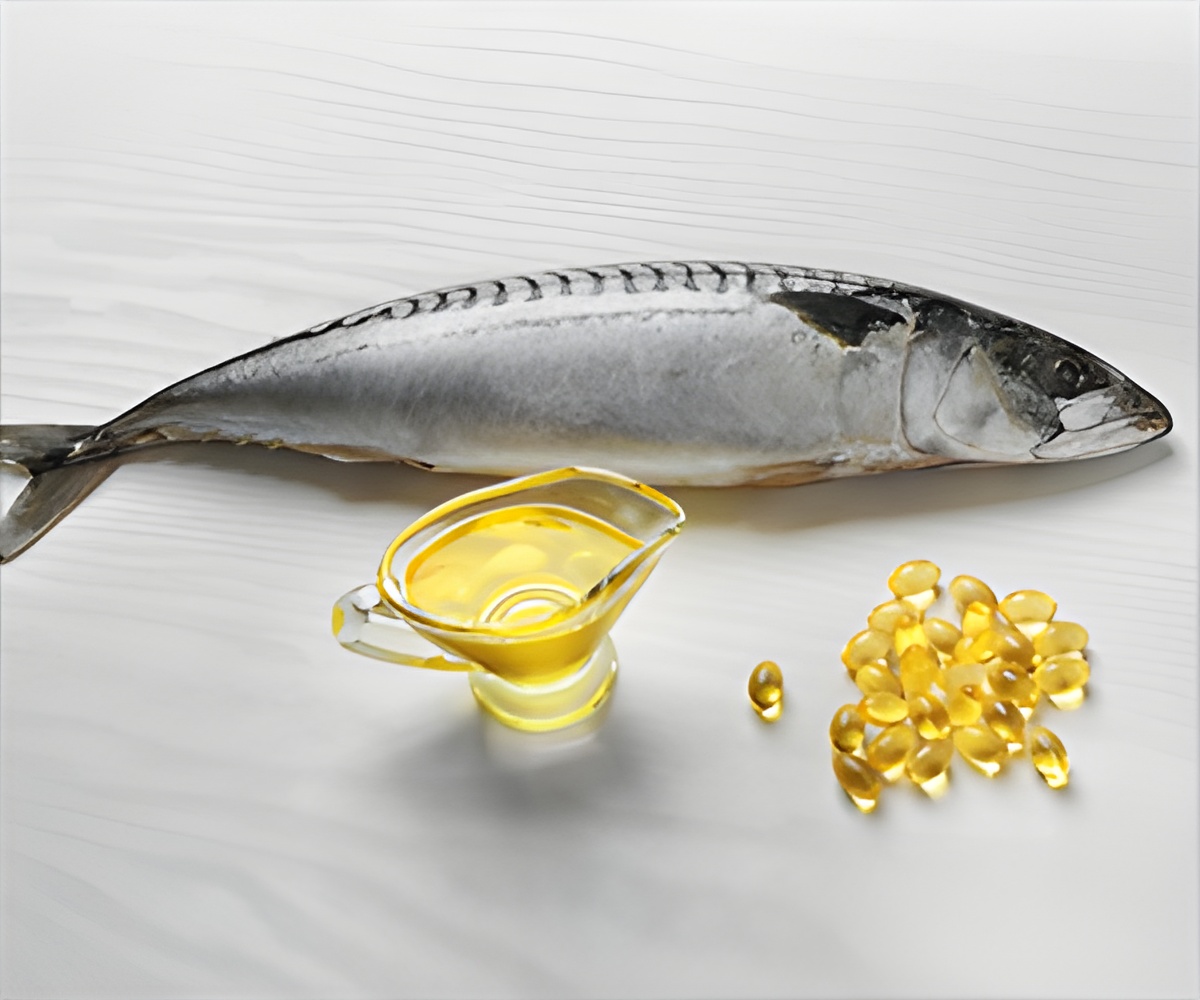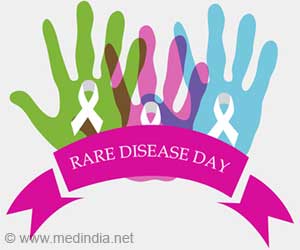New study suggests the use of omega 3 fatty derived from fish oil to fight asthma.

- Research states that fish oil, rich in omega 3 fatty acids, could be used to treat asthma.
- The omega 3 fatty acids help to halt inflammatory responses to allergic reactions.
- But omega 3 fatty acids were not very effective in people who use corticosteroids for treating asthma.
Foods such as flax seed oil, salmon, tuna, anchovies, and walnuts are rich in omega 3 fatty acids.
The new findings are by the University of Rochester Medical Center scientists used cell cultures from local asthma patients, found that:
- In patients with milder forms of asthma, omega-3 fatty acid products can reduce the production of IgE, the antibodies that cause allergic reactions and asthma symptoms
- In patients with severe asthma who are treated using high doses of oral steroids, the omega-3 fatty acids are less effective because the corticosteroids block the beneficial effects
Research
Previous research by lead author Richard P. Phipps, Ph.D., the Wright Family Research Professor of Environmental Medicine, had shown that certain fatty acids contained in fish oil regulate the function of immune cells (B cells).
The research team collected blood from 17 patients at UR Medicine's Mary Parkes Asthma Center and isolated their B immune cells.
Omega 3 Fatty Acids Reduced Levels of IgE
Results showed that all patients responded to the omega-3 fatty acids to some degree. This was evidenced by a reduction in the levels of IgE antibodies
But as most of the patients were taking corticosteroids in either pill form or by inhaler depending upon severity of their asthma, their B immune cells were less sensitive to the omega-3 treatment.
Though steroids are usually very effective in treating asthma, in some cases they reduce some of the body's natural ability to fight asthma-related inflammation.
The researchers state that consumers should use caution when buying fish oil because not all fish oil is the same.
"You really need high-quality, standardized material that's been processed and stored correctly before comparing results from one study to another study," Phipps said.
"Our study used the pure, biologically active products in fish oil, known as 17-HDHA, and we've provided a clear line of evidence for why intake of high-quality fish oil is good." Phipps added.
The study co-authors are Nina Kim, Ph.D., and Patricia Sime, M.D., the C. Jane and C. Robert Distinguished Chair in Pulmonary Medicine.
The findings are published in the Journal of Clinical Investigation--Insight.
Reference
- Richard P. Phipps et al. Journal of Clinical Investigation--Insight; (2017)
Source-Medindia















